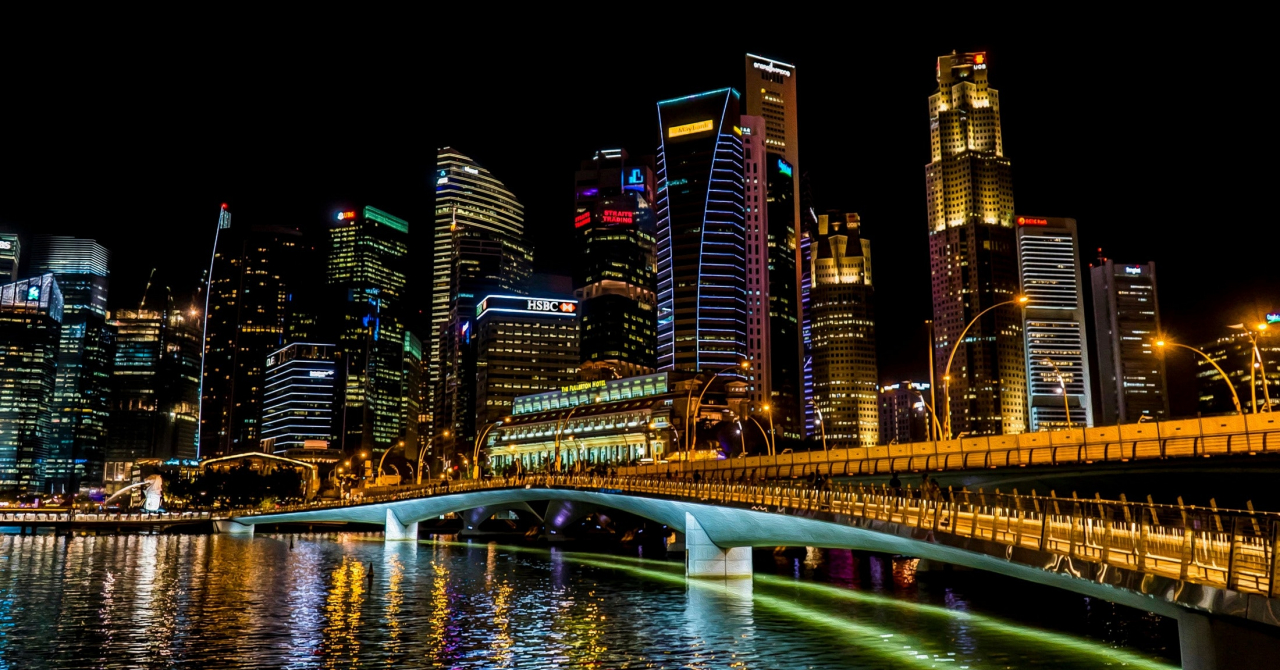According to the study, quoted by the CNBC, the world's largest companies say that they want to reduce their carbon footprint by 100% in the coming years. But the reality is that this percent is roughly around 40% on average.
The study analyzed the transparency of each of the top 25 companies in the world in their climate pledges and gave them an integrity rating. The criteria were climate targets, offsetting and the reliability of the offsets.
Amazon, Google and Volkswagen were among the household names found to have low integrity on their net-zero targets, while Unilever, Nestle and BMW Group were found to have very low integrity.
Maesrk came out on top with reasonable integrity, the report said, followed by Apple, Sony and Vodafone with moderate integrity.
The 25 firms evaluated account for roughly 5% of global greenhouse gas emissions, the report says.
The report found the world’s biggest companies were on track to cut their emissions by only 23% on average by 2030, way less than they say publicly. The companies will rely on carbon offsetting. Carbon offsetting is the controversial practice whereby polluting companies pay for projects elsewhere to reduce or remove carbon, typically by maintaining forests or growing new trees.
“We set out to uncover as many replicable good practices as possible, but we were frankly surprised and disappointed at the overall integrity of the companies’ claims” said Thomas Day of NewClimate Institute, lead author of the study. “As pressure on companies to act on climate change rises, their ambitious-sounding headline claims all too often lack real substance, which can mislead both consumers and the regulators that are core to guiding their strategic direction. Even companies that are doing relatively well exaggerate their actions.”
The exclusion of emission sources or market segments is a common issue that reduces the meaning of targets. Eight companies exclude upstream or downstream emissions in their value chain, which usually account for over 90% of the emissions under their control. E.ON may exclude market segments that account for more than 40% of its energy sales; Carrefour appears to exclude locations that account for over 80% of Carrefour branded stores.

 Vlad Andriescu
Vlad Andriescu












Any thoughts?